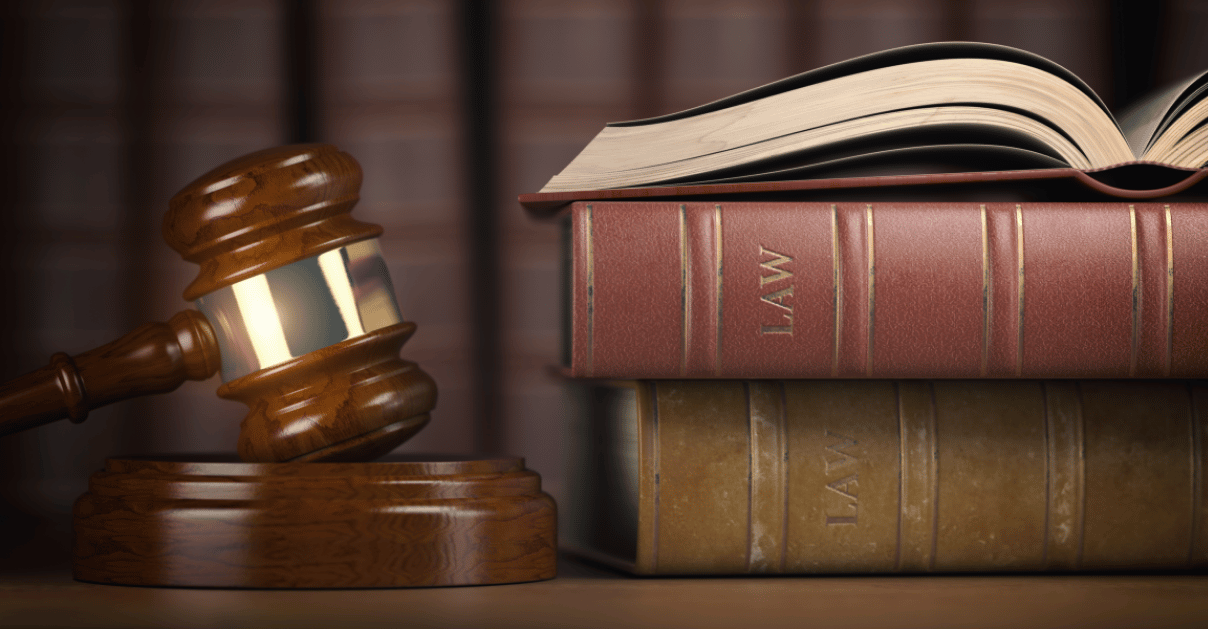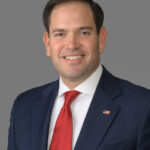



Washington just dropped a diplomatic bombshell on Venezuela’s corrupt elite.
On Sunday, November 16, 2025, Secretary of State Marco Rubio announced a game-changing move to designate the Cartel de los Soles, a criminal syndicate allegedly run by Venezuelan President Nicolás Maduro and his inner circle, as a Foreign Terrorist Organization (FTO), with the label officially kicking in on November 24, 2025.
This isn’t just a slap on the wrist; it’s a full-on policy sledgehammer aimed at a group accused of turning Venezuela’s military, intelligence, legislature, and judiciary into a personal fiefdom of crime. The State Department, under Rubio’s leadership, is using Section 219 of the Immigration and Nationality Act to pin this designation on the cartel, a move that will be cemented once it hits the Federal Register. Let’s be clear—this isn’t about punishing a few bad apples; it’s about dismantling a rotten orchard.
Rubio himself took to X to sound the alarm, stating, “@StateDept intends to designate Cartel de los Soles as a Foreign Terrorist Organization (FTO)” (Marco Rubio, via post on X). Well, bravo, Mr. Secretary—calling out a group allegedly headed by Maduro for corrupting an entire nation’s institutions is the kind of clarity we’ve been craving in foreign policy. It’s not just tough talk; it’s a signal that the U.S. isn’t playing patty-cake with narco-thugs anymore.
The Cartel de los Soles isn’t some small-time street gang; it’s a sprawling network tied to other dangerous outfits like Tren de Aragua and the Sinaloa Cartel. According to the State Department, they’re behind a wave of violence across the hemisphere, not to mention flooding the U.S. and Europe with drugs. If that’s not a wake-up call to secure our borders and rethink our approach to hemispheric security, what is?
This designation builds on previous actions, as the cartel was already sanctioned by the U.S. Treasury under Executive Order 13224 for links to terrorism. That’s right—Washington has been watching this crew for a while, and now the gloves are off. The FTO label isn’t just symbolic; it opens the door to serious consequences for Maduro and his allies.
Speaking of consequences, President Donald Trump didn’t mince words when he told reporters on Sunday night, “We're stopping drug dealers and drugs from coming into our country” (President Donald Trump, to reporters on November 16, 2025). That’s the kind of no-nonsense attitude that cuts through the fog of diplomatic double-speak. While progressive voices might clutch their pearls over this hardline stance, most Americans just want their communities safe from the poison peddled by groups like this cartel.
Trump also confirmed that this FTO designation could pave the way for targeting Maduro’s assets or infrastructure. That’s a significant escalation, and it’s hard to argue against holding accountable a regime that’s turned a once-proud nation into a hub for crime. The question is whether this will be enough to force real change or just stoke more tension.
To underline the gravity of the situation, the Trump administration has ordered the USS Gerald R. Ford to head to U.S. Southern Command as part of this broader strategy. Maduro, predictably, cried foul, accusing Trump of “fabricating a new eternal war” (Nicolás Maduro). Sorry, sir, but deploying a carrier isn’t warmongering—it’s a reminder that actions have consequences, especially when you’re accused of running a terrorist syndicate.
Interestingly, Trump hinted at possible discussions with Maduro, though details remain murky. While dialogue might seem like a soft approach to some, it’s pragmatic to keep channels open—if only to gauge whether Maduro’s regime has any interest in stepping back from the brink. Still, one wonders if talking will yield anything when dealing with a leader accused of such systemic corruption.
The State Department has been crystal clear about the cartel’s reach, alleging it has tainted every corner of Venezuela’s government. This isn’t just a Venezuelan problem; it’s a regional crisis with tendrils reaching into American streets via drug trafficking. Ignoring this would be the real crime.
For too long, policies toward Venezuela have been mired in half-measures and wishful thinking, often swayed by narratives that downplay the severity of regimes like Maduro’s. This FTO designation cuts through that noise, focusing on hard evidence of terrorism and crime. It’s a refreshing shift toward accountability over appeasement.
Let’s not kid ourselves—groups like the Cartel de los Soles thrive when the international community looks the other way. Their alleged coordination with other terrorist entities and their role in flooding our communities with drug demand a response that’s both firm and strategic. Rubio’s announcement is a step in the right direction, even if the road ahead is fraught with challenges.
As this designation takes effect on November 24, 2025, the world will be watching to see if it’s backed by meaningful action or just remains a paper tiger. The deployment of the USS Gerald R. Ford suggests the U.S. means business, but only time will tell if this pressure forces Maduro’s hand. For now, it’s a bold message that America won’t stand idly by while corruption and violence fester in our backyard.
In the end, this move by Rubio and Trump is about more than just one cartel or one regime—it’s about reasserting that the U.S. will protect its interests and its people from threats, no matter where they originate. It’s a rejection of the soft-on-crime, blame-America-first mindset that’s too often dominating foreign policy debates. And frankly, that’s a stance worth cheering, even if the path forward isn’t easy.



